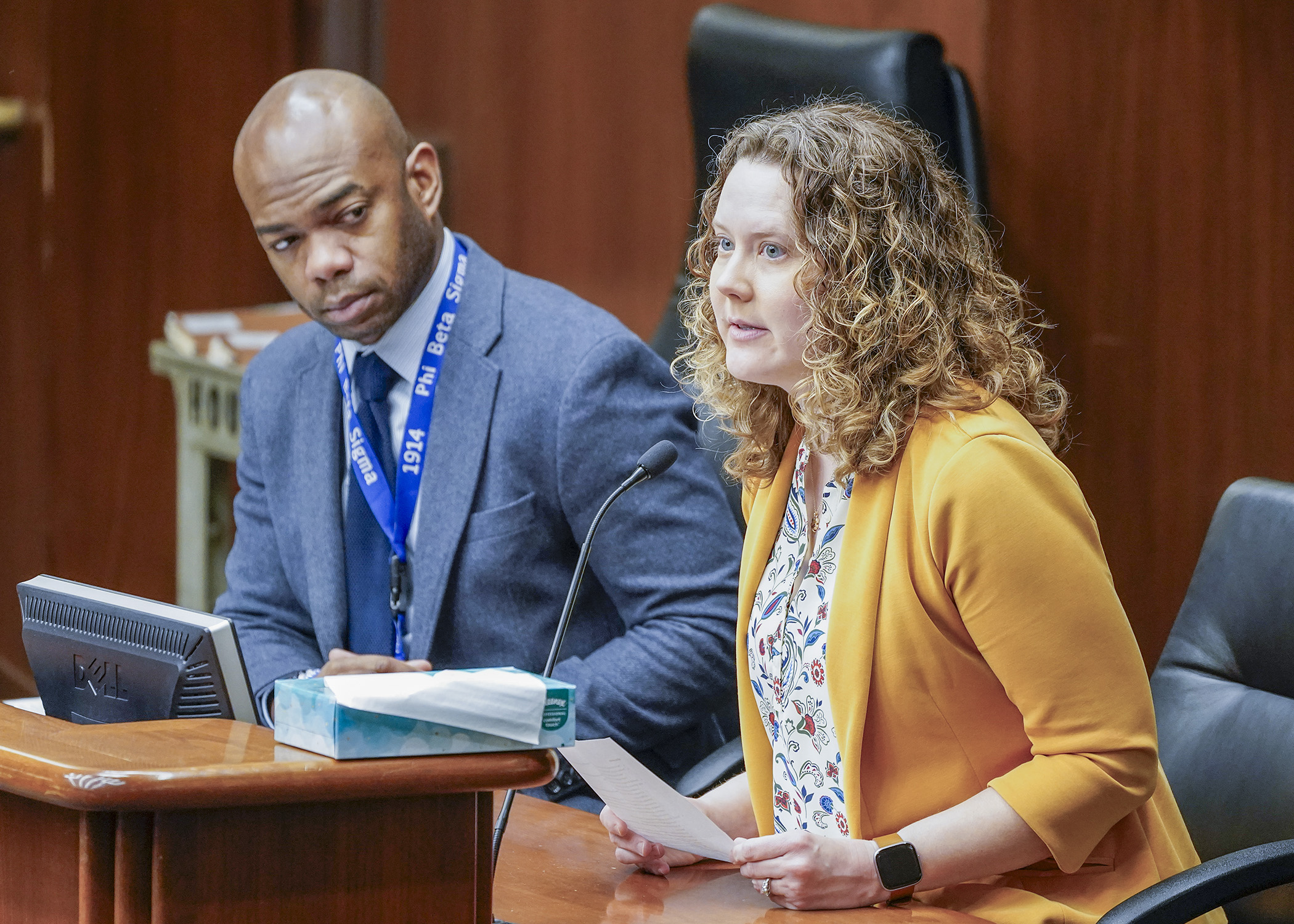All Minnesota cities, counties could be permitted to use ranked choice voting

Voters in Minneapolis, St. Paul, St. Louis Park, Minnetonka and Bloomington can now pick their local officials via ranked choice voting.
Giving all local units of government the option to do so for nonpartisan elections and municipal elections is the objective of HF3276.
Sponsored by Rep. Cedrick Frazier (DFL-New Hope), it was approved on a split-voice vote Wednesday by the House Elections Finance and Policy Committee. Its next to be heard by the House State and Local Government Finance and Policy Committee.
An amendment that did not meet the filing deadline is expected to be added at the next stop.
“This is really about unshackling cities,” said Secretary of State Steve Simon. “Right now we have two classes of cities. We have statutory cities and we have charter cities, but strangely right now only charter cities are even allowed to experiment with ranked choice voting.”
Under a ranked choice voting system, multiple candidates for a particular office appear on a ballot, and voters rank them in order of their preference. If no candidate receives more than half of first-choice votes, the candidate with the fewest votes is eliminated and those who ranked them first instead have their vote go to their second choice. The process continues until one candidate achieves the required 50%.
In addition to increasing voter turnout, Frazier said benefits of the change would include candidates needing a broader range of support and running on policy solutions rather than personal attacks because second-and third-choice votes may be needed.
“That’s exactly the antidote we need to heal our political divisions and support more civil representative and inclusive selection.”
And, supporters say, ranked choice voting improves representation for people of color.
“Too often black communities and communities of color are asked to choose from candidates that don’t represent us or our interests,” said Rod Adams, executive director of New Justice Project MN. “Ranked choice voting helps communities that have been traditionally marginalized by allowing more people who look like us to run which in turn gives or communities more choices and chances for direct representation.”
[MORE: View submitted testimony]
No one who voted against the bill expressed why.
“Regardless of what you think about the policy of ranked choice voting, the fact that local governments will be considering it should make want to support this bill,” said Rep. Nathan Coulter (DFL-Bloomington).
Related Articles
Search Session Daily
Advanced Search OptionsPriority Dailies
Speaker Emerita Melissa Hortman, husband killed in attack
By HPIS Staff House Speaker Emerita Melissa Hortman (DFL-Brooklyn Park) and her husband, Mark, were fatally shot in their home early Saturday morning.
Gov. Tim Walz announced the news dur...
House Speaker Emerita Melissa Hortman (DFL-Brooklyn Park) and her husband, Mark, were fatally shot in their home early Saturday morning.
Gov. Tim Walz announced the news dur...
Lawmakers deliver budget bills to governor's desk in one-day special session
By Mike Cook About that talk of needing all 21 hours left in a legislative day to complete a special session?
House members were more than up to the challenge Monday. Beginning at 10 a.m...
About that talk of needing all 21 hours left in a legislative day to complete a special session?
House members were more than up to the challenge Monday. Beginning at 10 a.m...